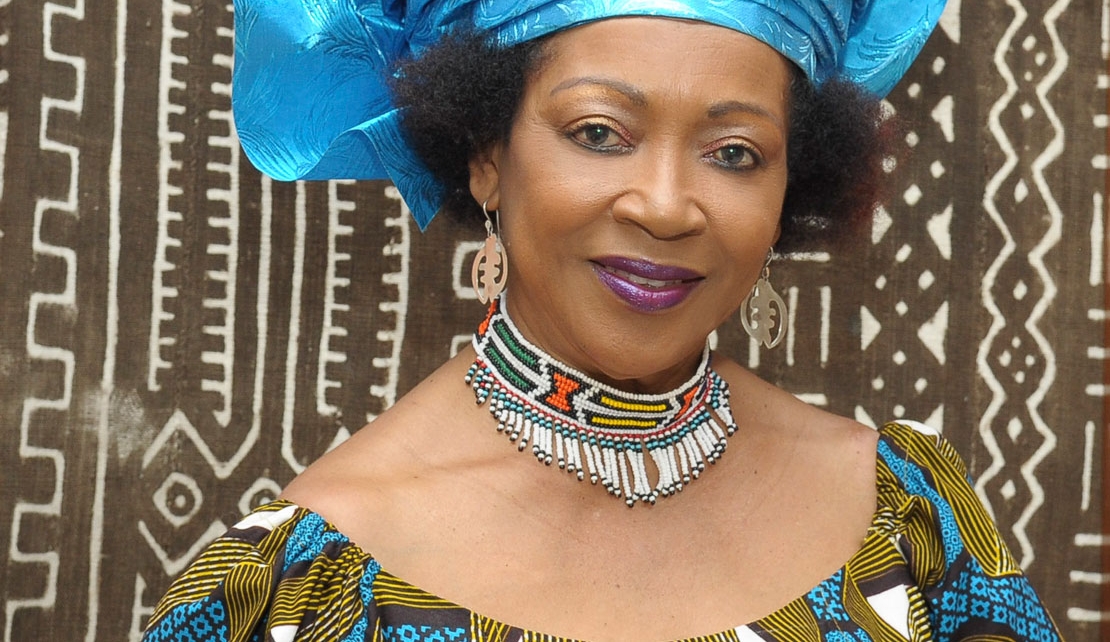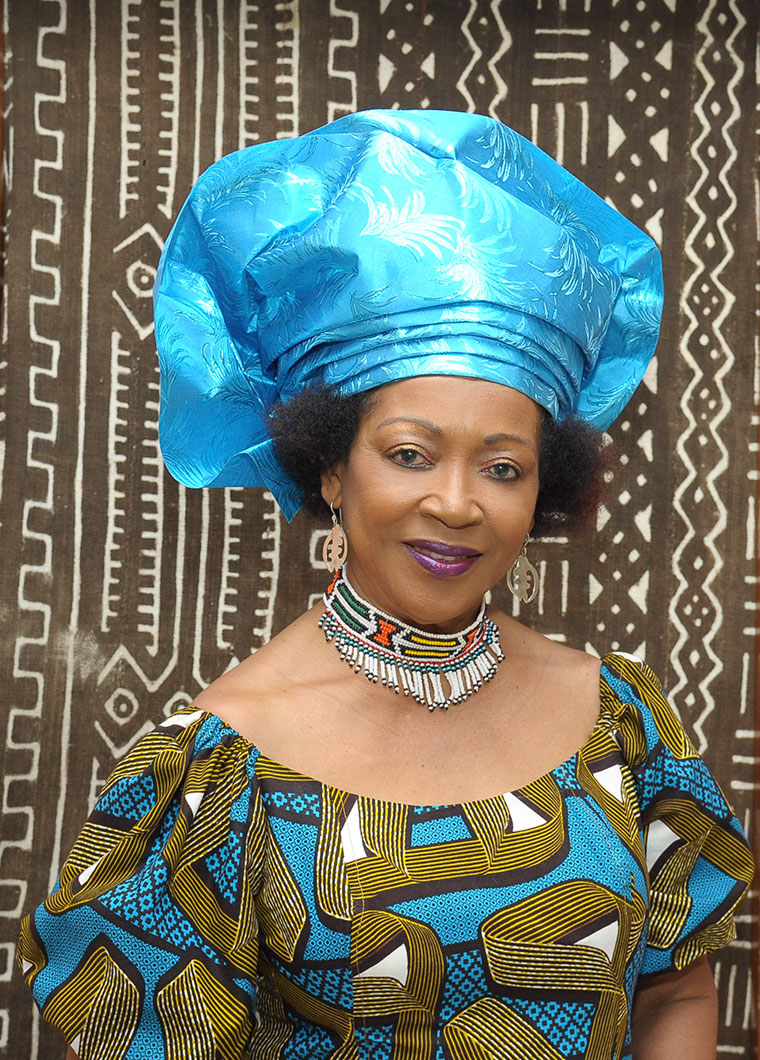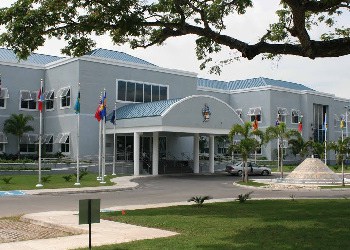UWI's Reparations Centre asks regional gov'ts to review meaning of October 12

KINGSTON, October 12, 2021 - The Centre for Reparation Research at The University of the West Indies wants national governments to review the manner in which October 12 is observed, other than the more popular manner of it being celebrated as ‘Columbus Day’.
A statement from the Centre for Reparation Research has “urged all people of conscience, to lobby national governments to remove from the landscape iconic symbols of the destruction of the civilization of First Nation Peoples and find ways to build new, celebratory ones that bring power to their race.”

“The Caribbean mostly ignores the day,” Centre for Reparation Research says, “but in Latin America and North America many Indigenous Peoples, and others, mark the day in various ways, the descendants of the affected communities mostly mourning the consequences of invasion in 1492 and its lasting impact. Afterall, the day, as Leo Killsback, a professor of American Indian Studies at Arizona State University (and quoted in Becky Little’s article), notes, is not just a holiday, it represents the violent history of colonization in the Western “hemisphere.”
The University of the West Indies Centre for Reparation Research which comes under the direction of Professor Verene Shepherd, observed that “In the United States of America, “Columbus Day” is increasingly being replaced by “Indigenous Peoples’ Day and increasingly as a holiday.”
The statement pointed out that “Becky Little, in an updated (October 8, 2021) opinion piece in History Stories tells us that “since 1991, dozens of cities, several universities, and a growing number of states have adopted Indigenous Peoples’ Day, a holiday that celebrates the history and contributions of Native Americans.”
“In 2021, President Biden even became the first-ever US president to issue a proclamation on Indigenous Peoples’ Day, writing, "Today, we recognize Indigenous peoples’ resilience and strength as well as the immeasurable positive impact that they have made on every aspect of American society,” the Reparations Centre observed.
In highlighting the historical nature of the proclamation which, instead of continuing to highlight the conquest of the European enslavers, paid tribute to the strength and character of the victims who through their resilience have been able to look to “The reconstruction of their civilization and their contribution to the Americas, have, indeed, been nothing short of outstanding and miraculous, given the disastrous impact of European invasion, conquest and colonization on their way of life,” President Biden declared.

The statement concluded by saying that “conscious of the fact that the Columbus Project also paved the way for the maangamizi or African holocaust caused by the horrors of the trans-Atlantic trade in enslaved Africans and chattel enslavement, let us join all reparation activists in their call on those who committed such crimes to apologise for what they did and commit to reparation for Africans and people of African descent.”
“Such reparation dispensed as a development package as set out in The CARICOM Ten Point Plan, will help communities of Indigenous Peoples, Africans and people of African descent to alleviate some of the harsh legacies of conquest, colonization and the post-colonial era,” the UWI observed.
“There is truth in the assessment of Sir Ellis Clarke, the Trinidadian Government’s United Nations representative to a sub-committee of the Committee on Colonialism in 1964: “An administering power is not entitled to extract for centuries all that can be got out of a colony and when that has been done to relieve itself of its obligations…. Justice requires that reparation be made to the country that has suffered the ravages of colonialism before that country is expected to face up to the problems and difficulties that will inevitably beset it upon independence,” the Reparations Centre statement concluded.
Send feedback to <
